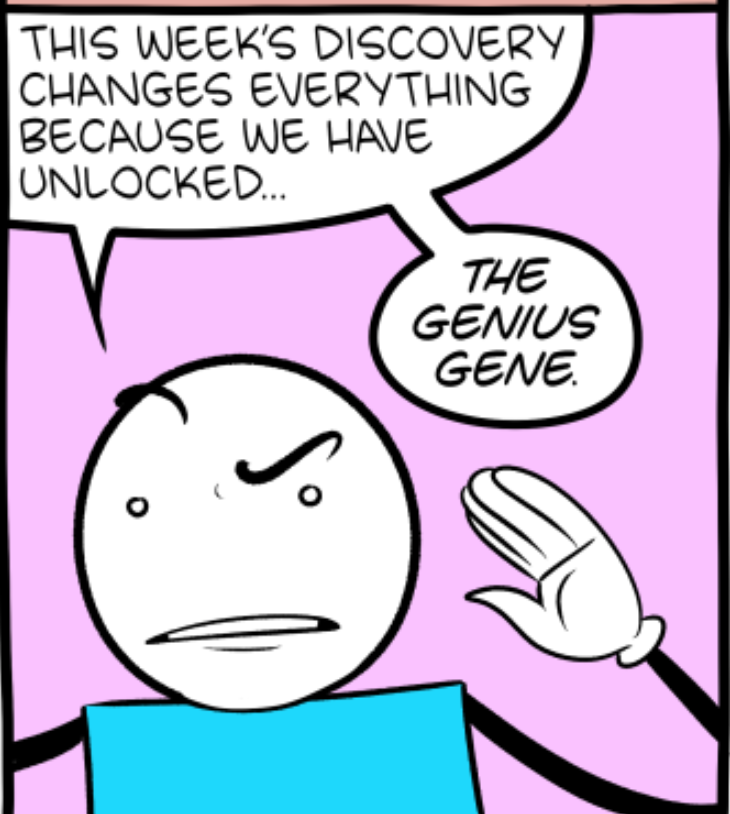Ambling, shambling, rambling, wandering, wondering: the spirit of Master Zhuang / Chuang
All the talk of moseying and ambling propelled me into a customary mode of mind. Those who have taken classes with me know that, though I may start at a certain point in my lectures, it is difficult to predict how we will get to our intended destination, though we are certain to pass through many interesting and edifying scenes and scenarios along the way.
As I have stated on numerous occasions, my favorite Chinese work of all time is the Zhuang Zi / Chuang Tzu 莊子 (ca. 3rd c. BC). The English title of my translation is Wandering on the Way. The publisher wanted something more evocative than "Master Zhuang / Chuang" or "Zhuang Zi / Chuang Tzu", so I spent a couple of days coming up with about sixty possible titles, and they picked the one that I myself preferred, "Wandering on the Way", which is based on the first chapter of the book: "Xiāoyáo yóu 逍遙遊" ("Carefree wandering").
Read the rest of this entry »

